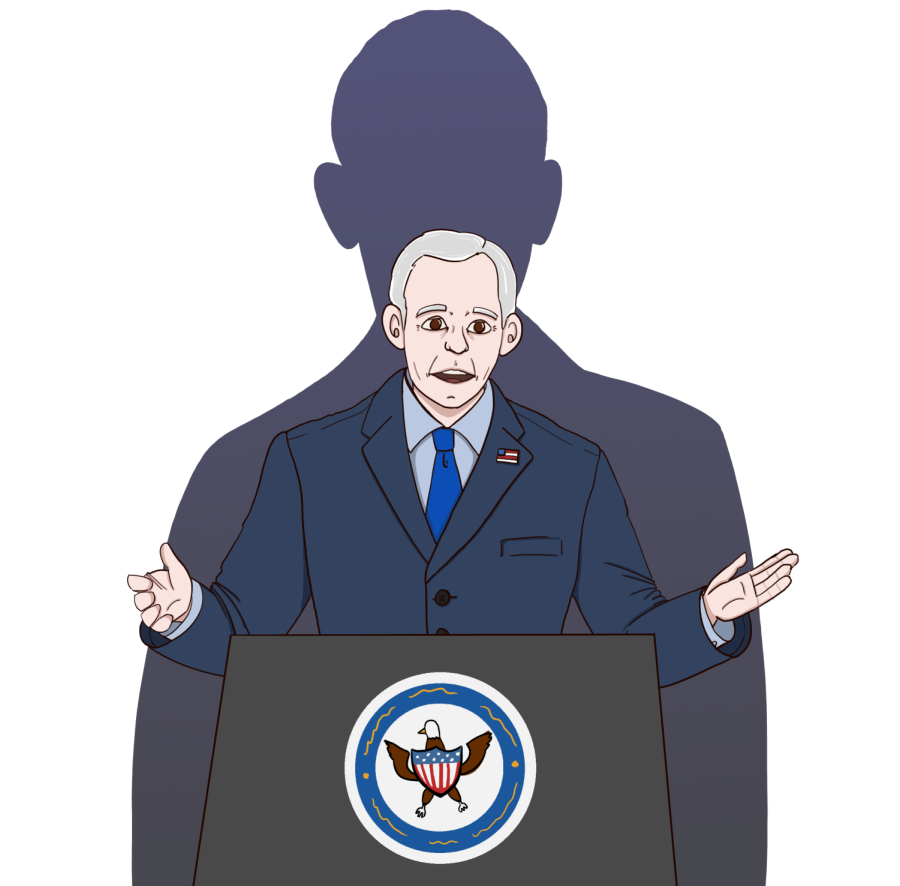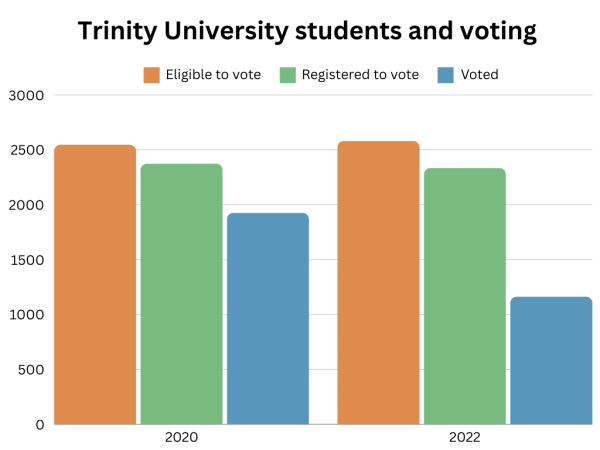Build back better diplomacy, not what once was
Why Biden’s first term must not be an Obama reboot
When George W. Bush became president in 2001, the country was faced with tangled crises, both foreign and domestic. The protracted constitutional crisis that was Bush v. Gore left the nation fiercely divided. Within his first year in office, he was charged with comforting a nation in mourning and shock after the 9/11 terror attacks. The latter crisis more or less replaced the first one, and Bush addressed the emerging terror threats with controversial swiftness. He leaned heavily on his foreign policy team which he assembled in the early days of his term.
Upon taking office, Bush had little governing experience and even less in foreign policy. As a result, he pretty much copied and pasted the names and theories that stood behind his father’s administration. Vice President Dick Cheney had been secretary of defense, Secretary of State Colin Powell had served as chairman of the Joint Chiefs of Staff, and National Security Adviser Condoleezza Rice had served on the National Security Council. Recycling talent from past administrations might seem inconsequential particularly since it’s usually the norm for first terms, but it can and did have repercussions. For Bush, it was what led him to embrace so effortlessly neoconservatism, the ideology behind his military quagmires.
His reliance on experts shaped by the Cold War, then a nostalgic era, poorly equipped him to appropriately respond to the new challenges that 21st-century threats posed. It’s a reminder of how important cabinet appointments and policy team selections are to new presidencies. So far, the Biden administration’s foreign policy team is shaping out to be Barack Obama’s third term dream team. Almost to a T, the names are the same as in 2016 when President Obama left office: Kerry, Blinken, Haines and Sullivan. Are we to believe that these same people can approach a starkly different world from four years ago and succeed where they failed?
We ought to remind President Biden that while he can borrow from Obama’s talent pool it must not be a third Obama term. He should be far bolder and avoid repeating his old boss’s mistakes which liberals too often overlook and forget. Upon taking office, Biden stated that “America was back” and promised a return to diplomacy in U.S. foreign policy after the damage done by the Trump-era. This is great, but it is both reckless and inaccurate to solely blame Donald Trump for what was an avalanche decades in the making. His presidency merely punctuated a long sentence that proclaimed the death of the post-war liberal democratic order. His cack-handed administration indeed bears responsibility for fumbling from controversies like the Ukraine scandal to crises of his own making like the present Persian Gulf crisis.
However, the Obama administration that Biden and so many in the state department and national security council served in, too bears considerable culpability for the alarming state of world affairs. Despite its quixotic lip-service defense of liberal internationalism, the administration was full of confusion and failure. It was under their watch that Bashar al-Assad scorched Syria and Vladimir Putin invaded Ukraine and annexed Crimea. Even his most defining and respectable foreign policy achievements: the Joint Comprehensive Plan of Action (JCPOA), the Paris Climate Agreement and the Trans-Pacific Partnership (TPP) were short-lived moral victories erased by Trump on day one of his administration.
Whether it was in Syria, Ukraine, Iraq or the Indo-Pacific, Obama handed victory after victory to our competitors Russia, China and Iran through his abdication of responsibility and weakness. Cruel despots like Assad and Putin were emboldened by Obama doing nothing when they crossed his chemical-weapons “red line” in Syria. And while he sought diplomacy to prevent future wars with Iran and China, he failed to recognize the real and present danger they posed to international security as destabilizing bad actors fueling tensions in Syria, Iraq, Yemen and South Asia.
My concern is that the new Democratic administration will be unable to rectify and avoid repeating the mistakes of the last one. While I am optimistic and pleased with some of their recent actions, I implore the Biden administration to reach for the world that ought to be and not the one that once was.

I'm a senior Computer Science major and a Classical Studies minor from Newton, North Carolina with a passion for art. I also work at the Center for Experiential...











